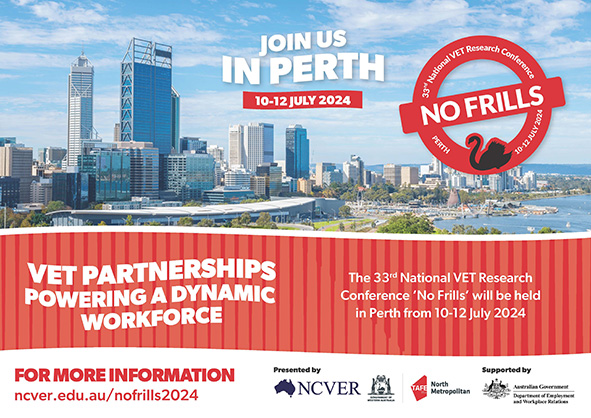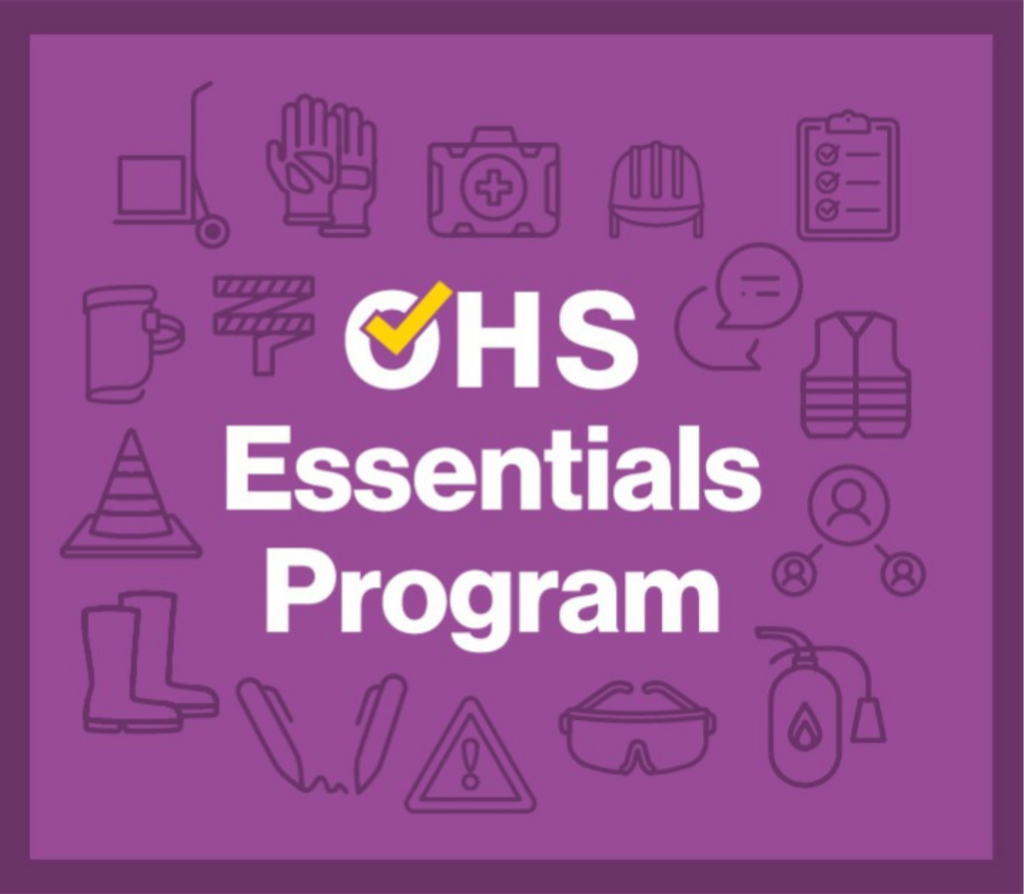Regular readers will know we have written a lot about micro credentials over the last several years. This article is an attempt at some consolidation, plus offering some new insights.
There is a growing focus of policy and revised practices in relation to these shorter-form ‘qualifications’ and will be interesting to see how they are used as the newly formed Jobs and Skills Councils here get down to business.
Issues and insights from earlier articles
The articles cover a wide range of topics and issues. These include:
- Attempts to define what they are,
- What’s been happening in Australia and overseas,
- Their use to support lifelong and continuing learning, the needs of the labour market, up- and re-skilling and enhance employability, and
- Their strengths and weaknesses. And another article, entitled ‘Are micro credentials becoming a big deal?,’ gives some attention to their strengths and weaknesses too.
A past VDC News article highlighted a micro credentials paper forming part of Australia’s VET Reform Roadmap. In addition, initiatives on micro credentials in South Australia, New Zealand (In an article entitled Are micro credentials a way to go bro?), Canada and Europe, have been described over the last several years in the pages of VDC News.
Their links to the broader qualification framework is important too, making the implementation of the new AQF and the opening up of learning pathways proposed in the Noonan Review really important.
New thoughts
A recent article in The Conversation identifies 4 things individuals need to consider first when thinking about whether to undertake a micro credential course. (The article is written a higher education focus, though). These are:
- What the individual wants out of the course – given that they are “highly targeted to cover precise competencies in a specific setting. This means they are rarely designed to develop broader capabilities and frameworks of … practice [that] can normally [be expected] from a [longer] program.” “In a nutshell, if you need a specific skill, then a micro credential is ideal.”
- What specific skills are on offer – simply, the key question is: ‘Does this course offer a skill that someone actually needs?’
- The suitability of this form of study – noting that “micro credentials generally focus very strongly on the content itself.” Thus, how a person learns is generally up to them, and “To be successful, you may be required to take greater personal responsibility for all your own learning strategies. This might include recognising what you already know (or don’t know) about the topic, taking a quick look at the readings to get an overview before reading them carefully for more details, and adopting processes to critically question learning materials.”
- How the micro credential will be used on the job – This involves thinking about how the process and outcomes of this short-form course will transfer to the reality of work. In the view of the article’s author, therefore, “micro credentials will work best for people who have established good professional development practices like reflection and peer-review, or for those who can engage in active and ethical experimentation with the new skill in their real-world practice.”
And finally…
As noted in a couple of the articles highlighted above, the VOCEDPlus database has a search specifically focused on micro credentials and digital badges. It’s worth a look as it stays up with the latest info.








